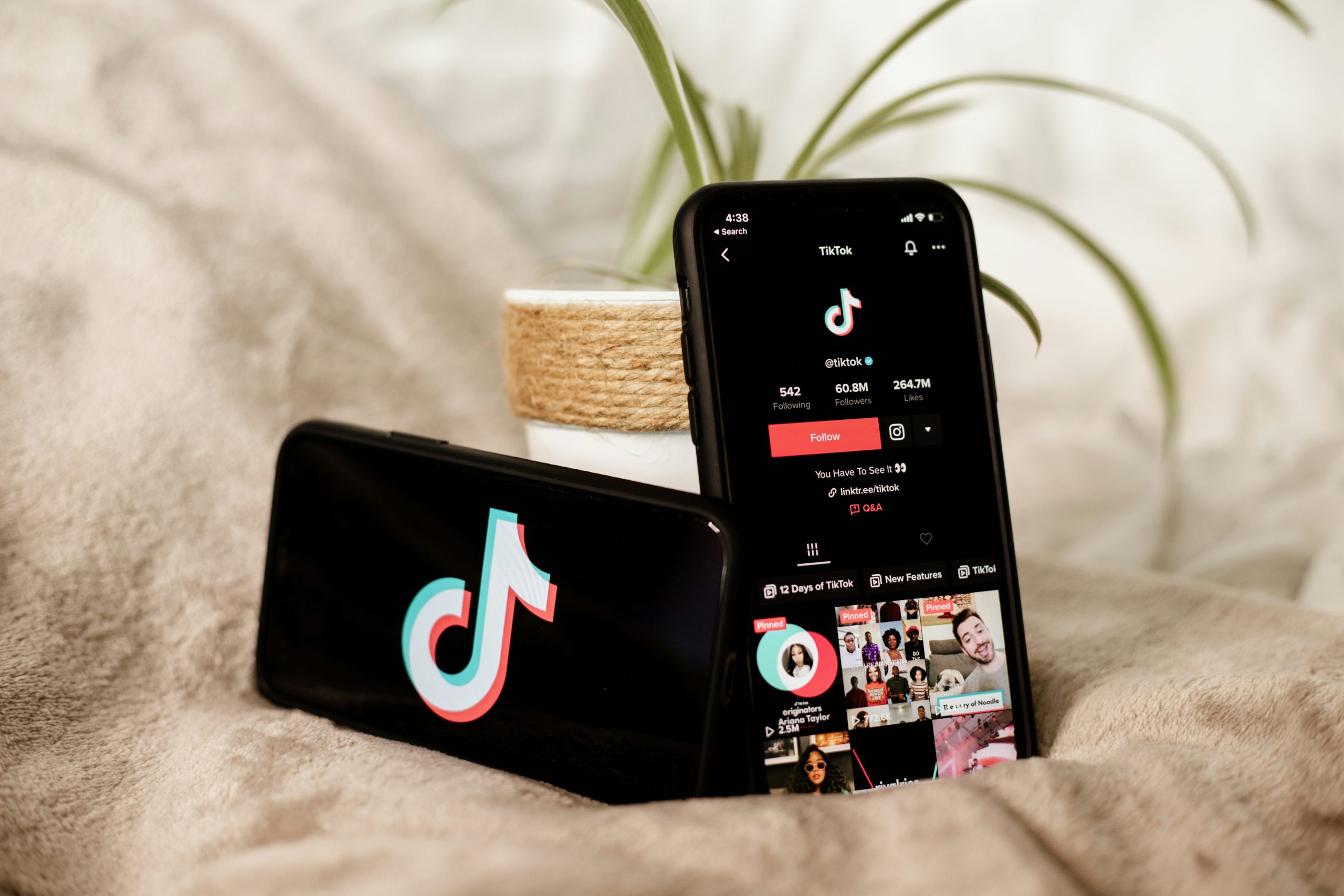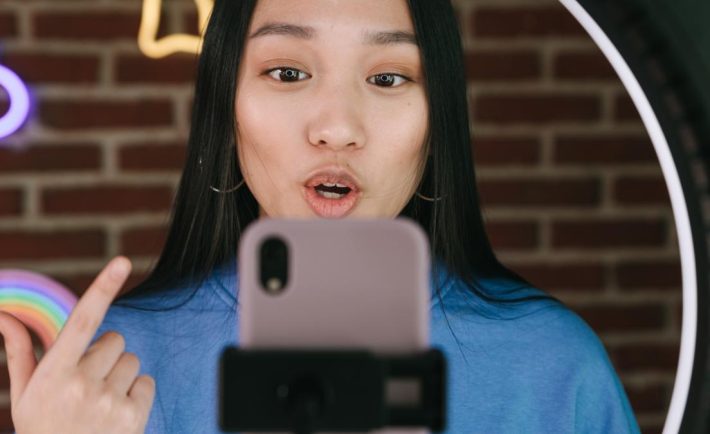New to the influencer game?
Then I guess navigating long-term influencer rates can feel a bit too much.
But worry not about a thing, for we’ve got your back with this post.
Know your marketing goals and budget
- Marketing objectives
What do you want to achieve through influencer marketing?
Are you looking to boost brand awareness, drive sales, or increase engagement on your social media platforms?
Your goals will shape your strategy, including the type of influencers you/your brand want(s) to work with and the content you will ask them to create.
For example, if your aim is to increase product sales, you might focus on influencers who excel at product reviews or unboxing type of videos.
If you’re after brand awareness, you might lean towards influencers with a larger, more diverse audience.
- Write up a marketing plan
Once you’ve got your objectives, it’s time to pen down a plan. Consider factors like:
- The platforms you want to target (Instagram, TikTok, YouTube, etc.)
- The type of content you want influencers to create
- The frequency of posts or collaborations
- Any additional promotional activities (e.g., giveaways, exclusive discount codes)
Be realistic about what you/your company can afford.
Research influencer rates and metrics
- Know the average costs
First things first: you need to understand what influencers typically charge.
Rates can vary wildly depending on follower count, engagement rates, and niche.
Refer to reports from marketing agencies that specialize in influencer collaborations since those often provide average rates based on follower tiers or engagement levels.
And make an effort to network with fellow marketers where in-field professionals share updated insights (LinkedIn is a good place to start).
- Track social media engagement metrics
Numbers don’t lie in marketing so here’s what to look for:
- Engagement rate: This includes likes, comments, shares, and saves.
- Reach and impressions: How many unique users see the content?
- Audience demographics: Do they align with your target market?
- Content quality: Is it consistent?
Negotiate multi-post and bundle discounts

Image Credits: unsplash.com
- Bulk booking
Think of influencer collaborations as buying in bulk.
For instance, let’s say you’re eyeing a particular influencer for a product launch.
Instead of booking a single post, consider proposing a package deal. Think something like:
- A teaser post
- A main product reveal video
- A follow-up post showcasing the product in action
- Another follow-up post a month later or so
By bundling these together, you could potentially score 25% or more off the total price compared to booking each piece/task/post separately.
That’s a win-win: more content for you/your brand and more guaranteed work for the influencer.
- Weekly collaborations
This weekly recurring approach can be effective if you’re looking to build a long-term relationship with an influencer who fits like a glove with your brand.
Securing a weekly video series, for instance, could slash your per-video cost.
Plus, this consistent presence can help cement your brand in the minds of the influencer’s audience, leading to higher conversion rates over time.
Draft long-term influencer contracts
A three-month agreement might be good for a product launch, while a year-long partnership could work if you’ve got the budget to spare and the influencer you’re working with is a match made in heaven.
Just note that when you’re drafting your contract, consider:
- Campaign objectives
- Content deliverables
- Performance metrics
- Payment terms
- Exclusivity clauses
Influencers are humans so treat them as valued partners, not just post-pushers. Be transparent and stick to the signed contract. Not all negotiations have to be successful so keep an open mind and be ready to work a little out of your comfort zone. Good luck in securing that influencer deal!

